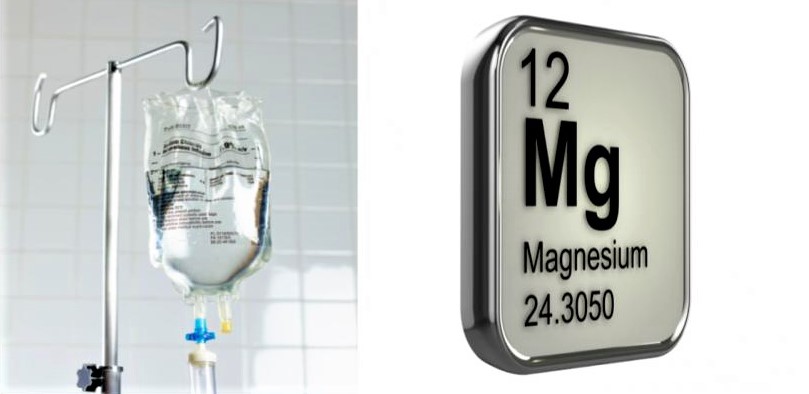
IV MAGNESIUM
Migraine is a common neurologic disorder causing head pain. It is often accompanied with nausea, vomiting, visual disturbances and reduce activity/ productivity. Many medications that are used for acute migraine attacks may have side effects, are not tolerated well and cannot be used during pregnancy or in patients with ischemic heart disease. Magnesium deficiency has been proposed to play a role in the pathophysiology of migraine, and treatment of migraine with magnesium has gained considerable interest.
Though magnesium can be used medicinally in a variety of forms, attention has been given to the administration of intravenous (IV) magnesium sulfate as a migraine rescue therapy. Magnesium administration intravenously has better absorption and does not cause diarrhea or abdominal cramping. The typical amount of magnesium sulfate given intravenously is 1 to 2g.
Given its high safety profile, several clinical trials over the past few decades have sought to determine the efficacy of magnesium sulfate in treatment of severe or intractable migraines.
Treatment of migraine is multifactorial. Patients should monitor headache frequency, use trigger identification and implement early treatment strategies to optimize care and minimize symptoms. Acute treatment like IV therapy is available at The Manhattan Center for Headache and Neurology, please contact us for further evaluation and treatment options.
Jordan Shankle, PA
